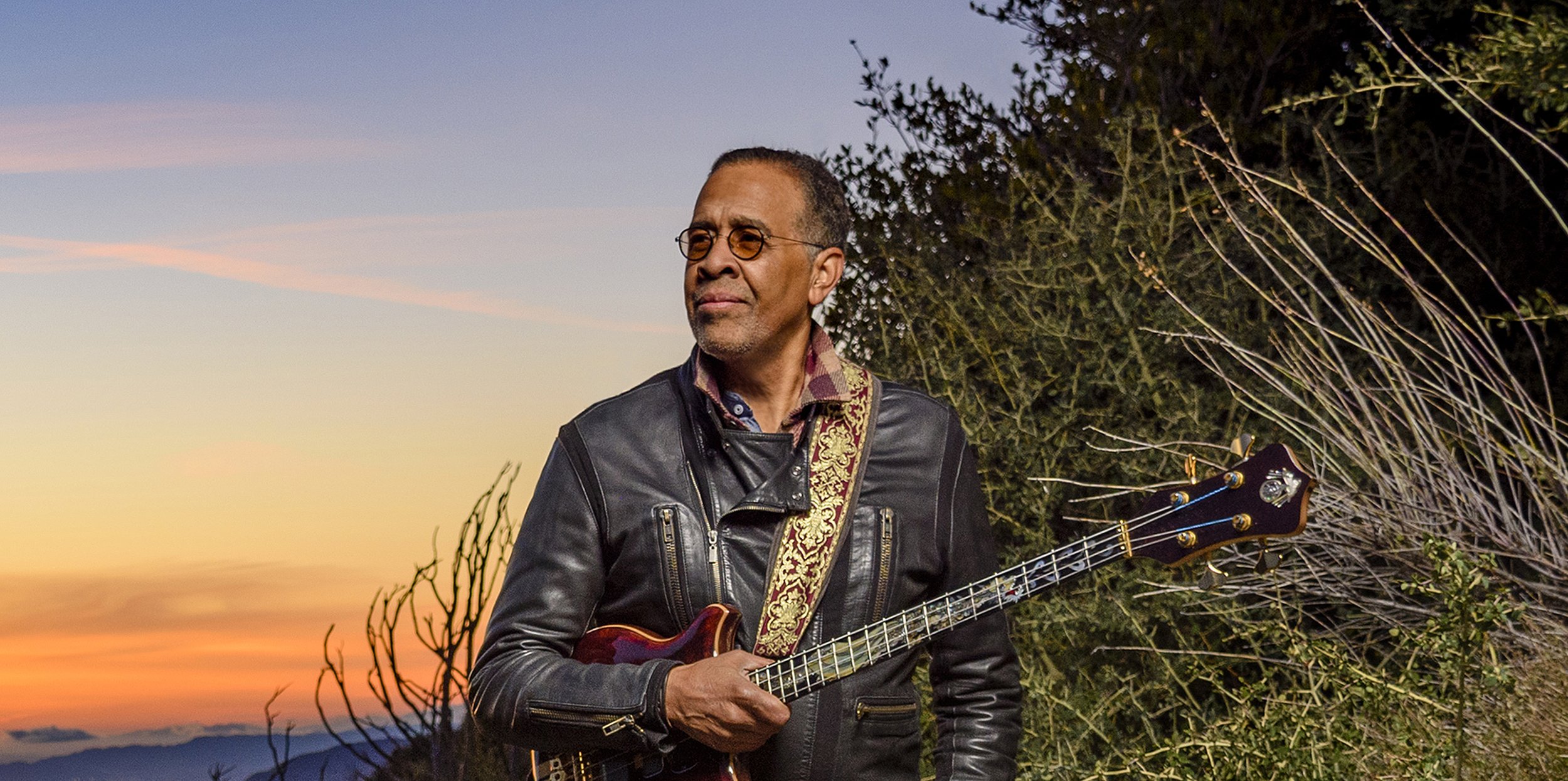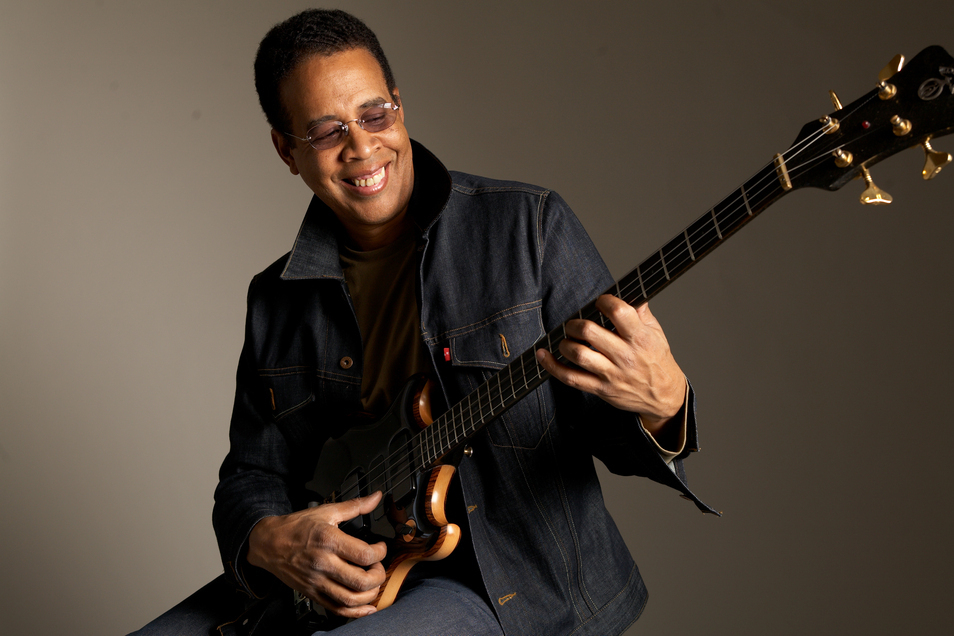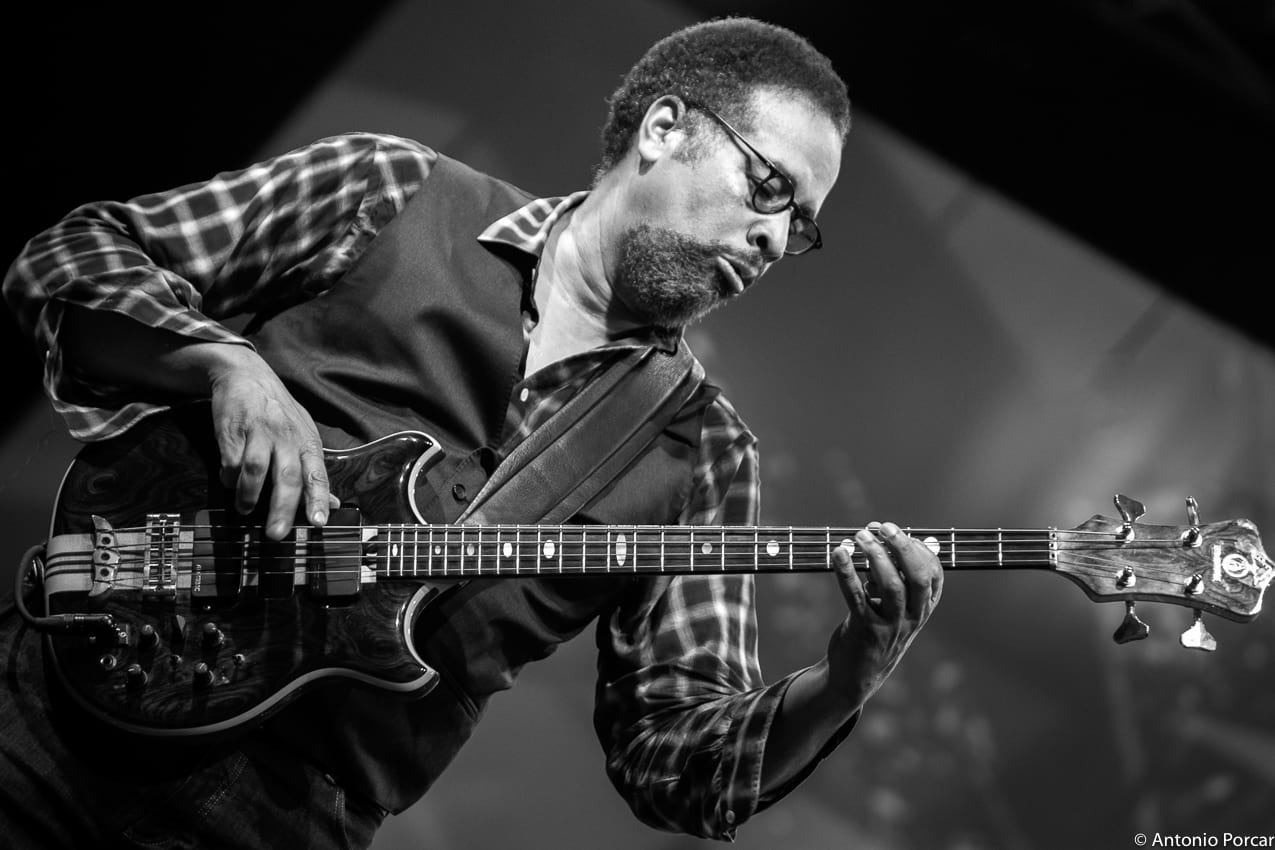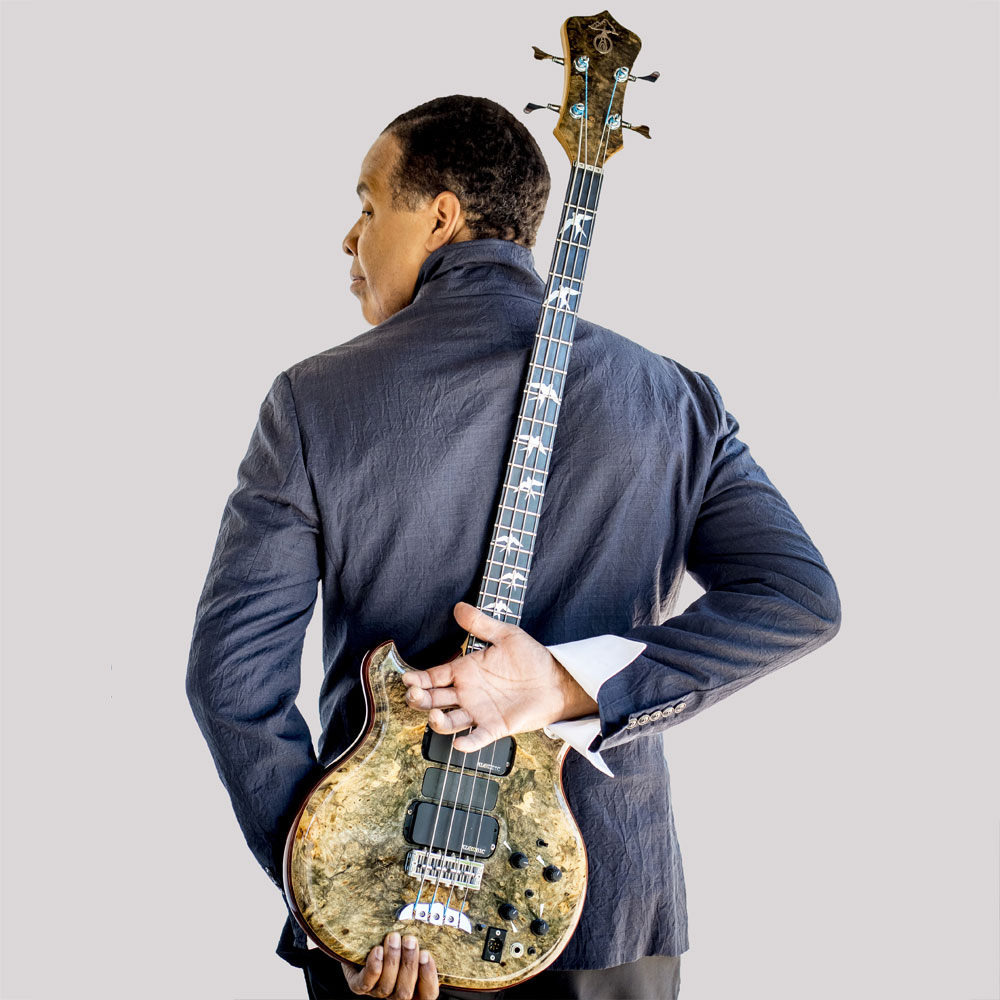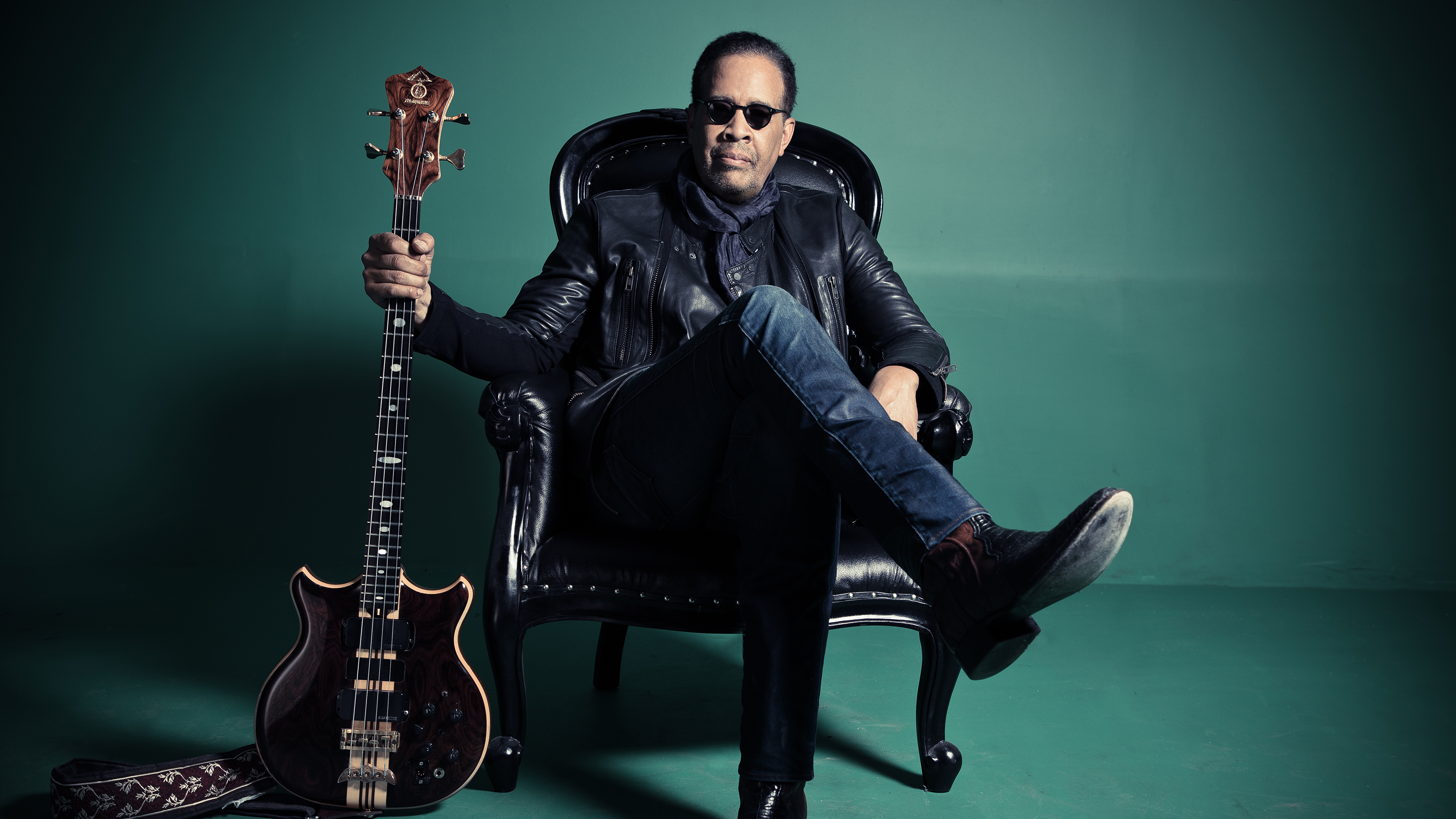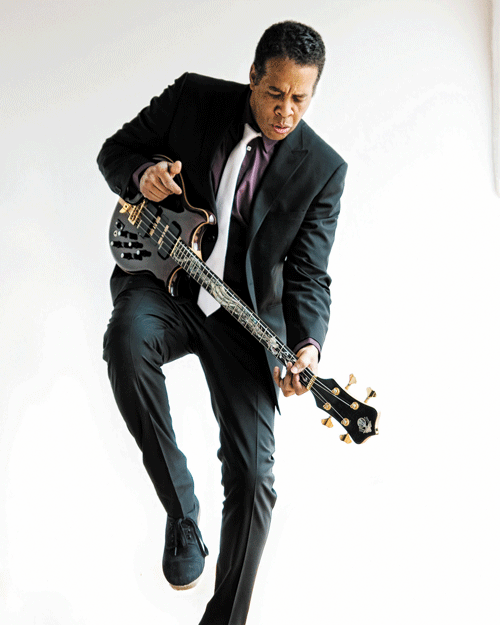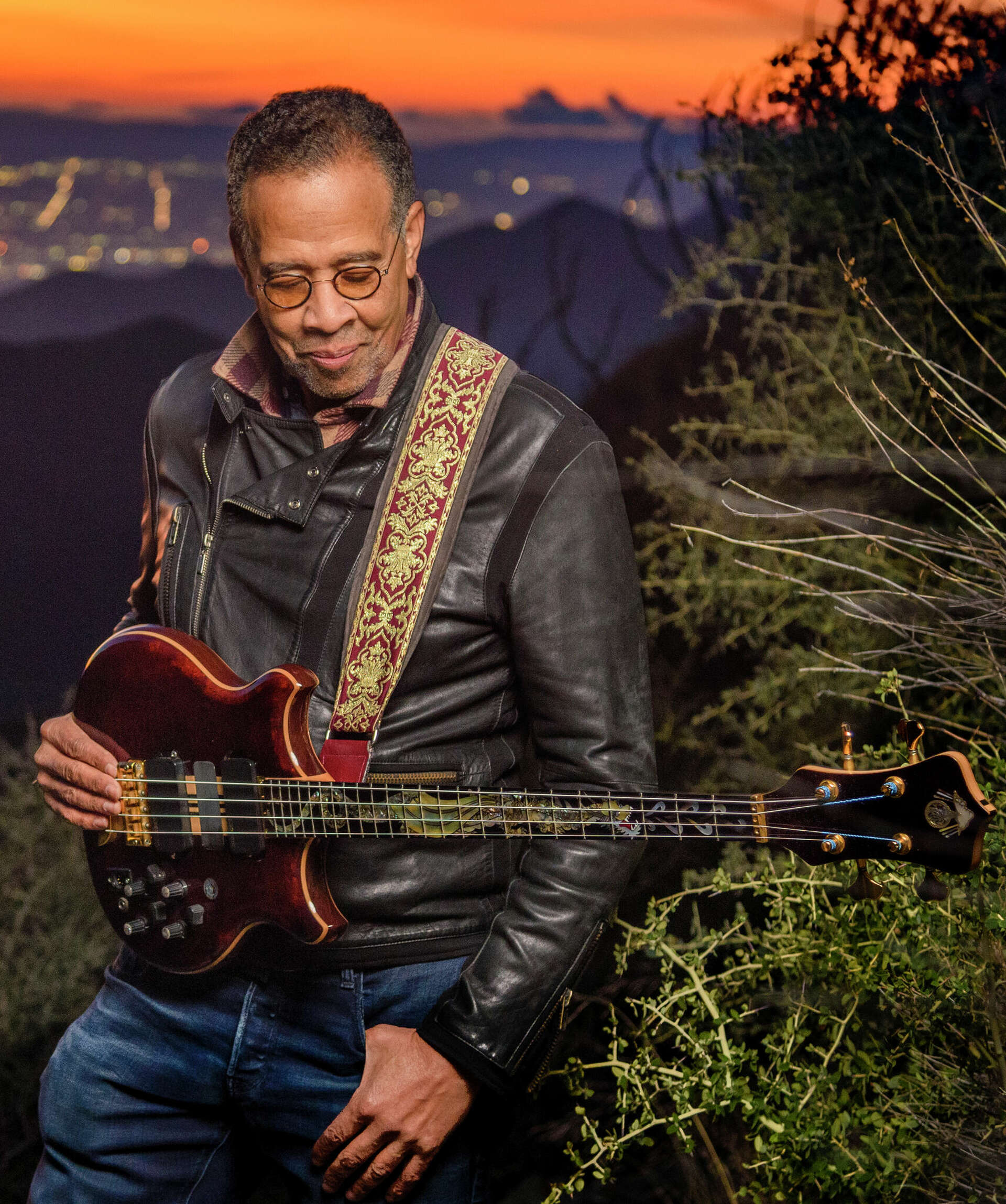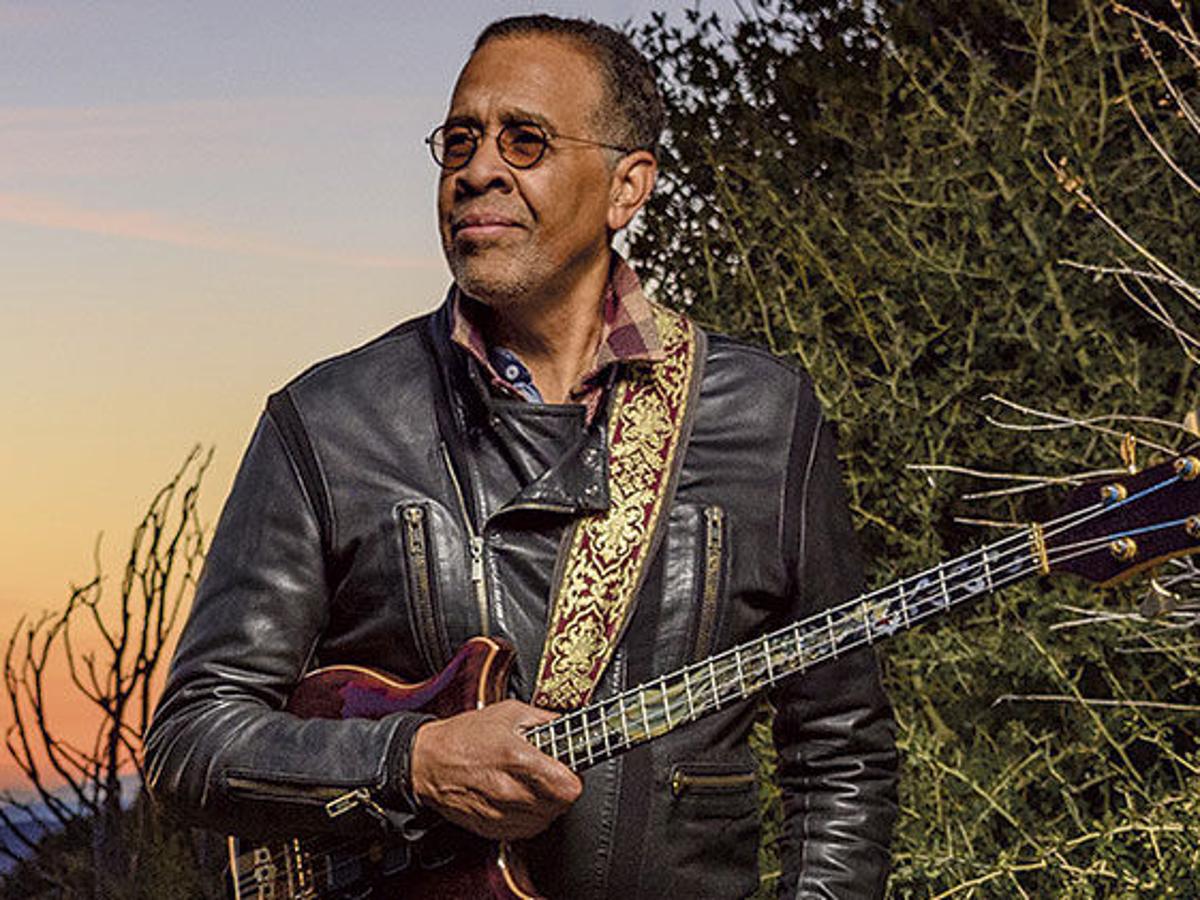Stanley Clarke is a pioneering American jazz bassist and composer, celebrated for his innovative techniques and powerful presence in jazz and fusion music. As a founding member of the influential group Return to Forever and a successful solo artist, Clarke has redefined the role of the bass, blending genres and showcasing his virtuosity through groundbreaking albums and film scores.
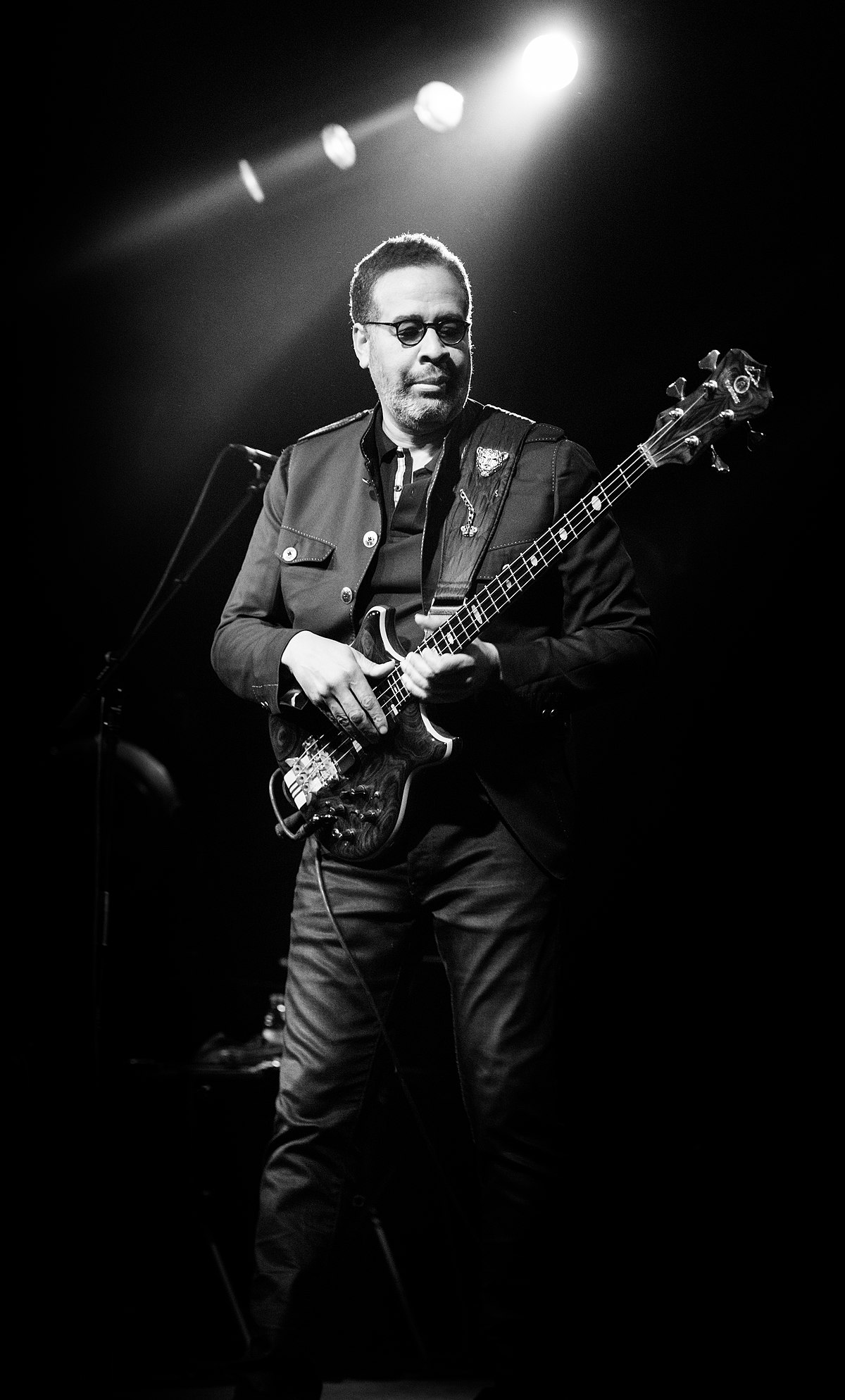
Stanley Clarke is an American jazz bassist and composer born on June 30, 1951, in Philadelphia, Pennsylvania. He is widely regarded as one of the most influential and innovative bass players in jazz and jazz fusion history.
